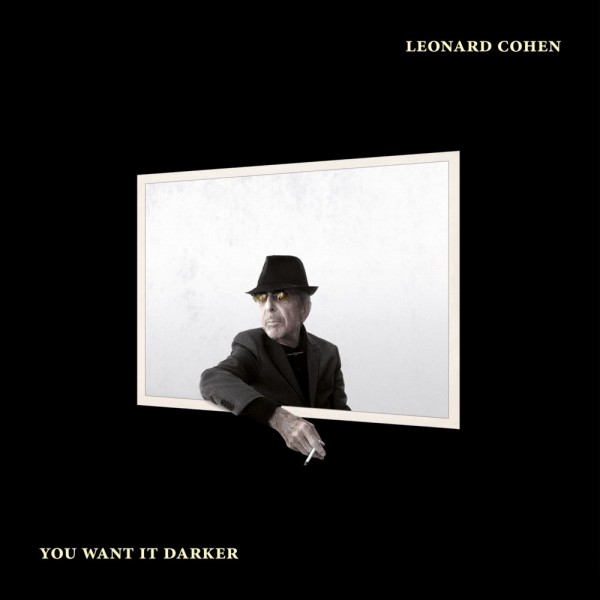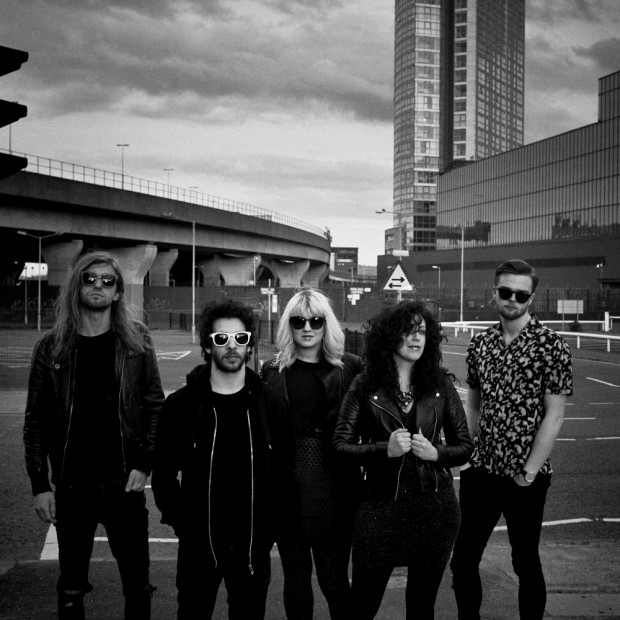After 82 years of experience, a hundred thousand cigarettes later, and more than a few near-perfect words of love, life, death, and every notable human occurrence between, Leonard Cohen has returned with You Want it Darker – the 14th studio album from the “Godfather of Gloom”.
Regardless of the album’s suggestively bleak title and the monicker the poet and author established for himself back in ‘71 with his controversially downbeat yet critically acclaimed album Songs of Love and Hate, this record as a whole is actually more sombre and settled. It sounds entirely certain of itself.
The songs are notably sparse in their musical arrangement, as has been the reoccurring style of the last two or three albums. It’s a winning formula that acts as a simple dash of colour to accentuate the captivating baritone rumble of Cohen’s aged vocals. The band expertly navigate the songs leaving plenty of space for the words to take precedence, with just a vague sense of melody guiding what would otherwise sound almost like a poetry recital, and stands as a shining example of simplicity done well.
Throughout the nine tracks we traverse the expected subjects of the heart, the likes of which Cohen is so famous for, and all with the unbridled wit and sincerity that only he could possibly conjure. Although, that being said, there are one or two lines that seem to hold a particular weight considering these are the twilight years of the Canadian bard – lines that may suggest something in the way of his mortality, not unlike David Bowie’s final preempted bow-out album Blackstar. The opening title track of the album gets straight to it with a chorus worthy of such speculation: “Hey maybe, maybe I’m ready, my Lord.”
But of course, Leonard Cohen has never been a man to write particularly bluntly about his subjects, and perhaps would even find it crude to be so black and white with such an interpretation of his intent, even though his age and growing frailty have been a large part of his charming humour in more recent years. An example of which can be quoted from his 2008 recorded concert Live in London while addressing his audience: “It’s been a long time since I’ve stood on this stage in London. It was about 14 or 15 years ago, I was 60 years old, just a kid with a crazy dream.”
The album continues with some truly beautiful sentiments. ‘Treaty’, the third track, stands out in a poised and dignified manner with a triumphant hymn-like vibe. It initially comes across as something obviously victorious, but of course, it is never as simple as that.‘The fields are crying out – it’s Jubilee. We sold ourselves for love, but now we’re free. I’m so sorry for that ghost I made you be. Only one of us was real, and that was me.’ It’s a typically jarring element of defeat among something beautiful, which tends to occupy those minor falls and major lifts, and signals back to something Cohen sang a hundred years ago in ’92 in the chorus ‘Anthem’ from The Future: ‘There is a crack in everything – that’s how the light gets in’.
There’s no light without shade, no good without bad, and vice-versa, and few dictate it as poetically as Cohen. The song ‘Traveling Light’ features another set of lyrics that could possibly lead one to see a deeper meaning than what seems to be on the surface: ‘I’m traveling light, it’s au revoir. My once so bright – my shining star. I’m running late – they’ll close the bar. I used to play one mean guitar.” It seems suggestively past tense, as if the curtain call is coming. Of course, that’s not to say it’s some sort of melancholic candor, but more like a fond review of times past, or perhaps even a moment of nostalgia. It actually seems playful and rather accepting, and certainly doesn’t seem sinister or depressing.
And here we are, another handful of years later, even older, maybe even a little bit wiser – if such a thing was possible – and there seems to be nothing capable of dulling the magic of Cohen’s words, nor the reverberation of his seductive delivery. You Want it Darker is nothing short of magnificent, and one can only hope that the twilight lingers another while longer. Because one thing is for sure, the man’s not done yet. Trev Moran





